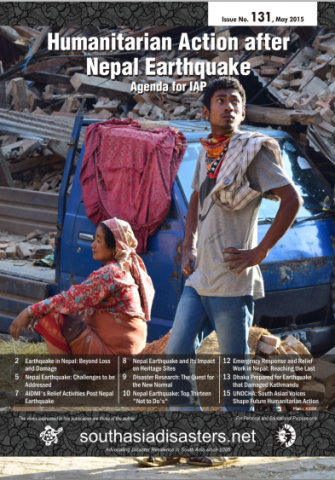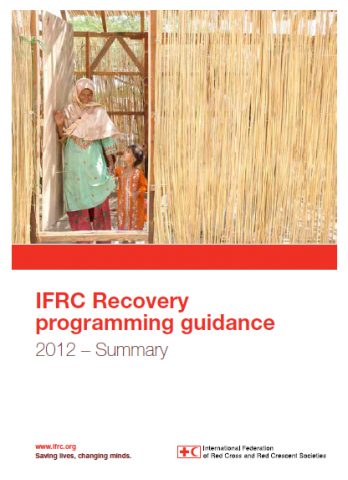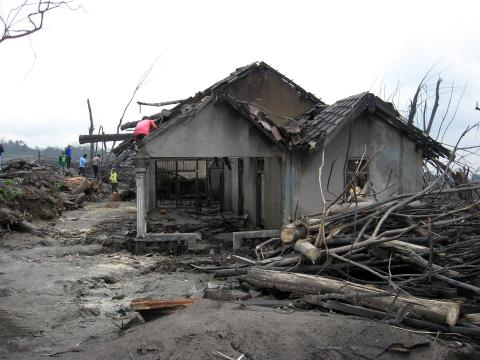Disaster Risk Reduction: A Front Line Defense against Climate Change and Displacement
“Disaster Risk Reduction (DRR) is a vital defense against climate change and displacement, particularly in the current context of increasing numbers of disaster-affected persons. In the last two decades, for example, an estimated 200 million people have been affected every year by natural disasters. A significant portion of the disaster-affected community is also disaster-displaced, making […]
Disaster Risk Reduction: A Front Line Defense against Climate Change and Displacement Read More »



